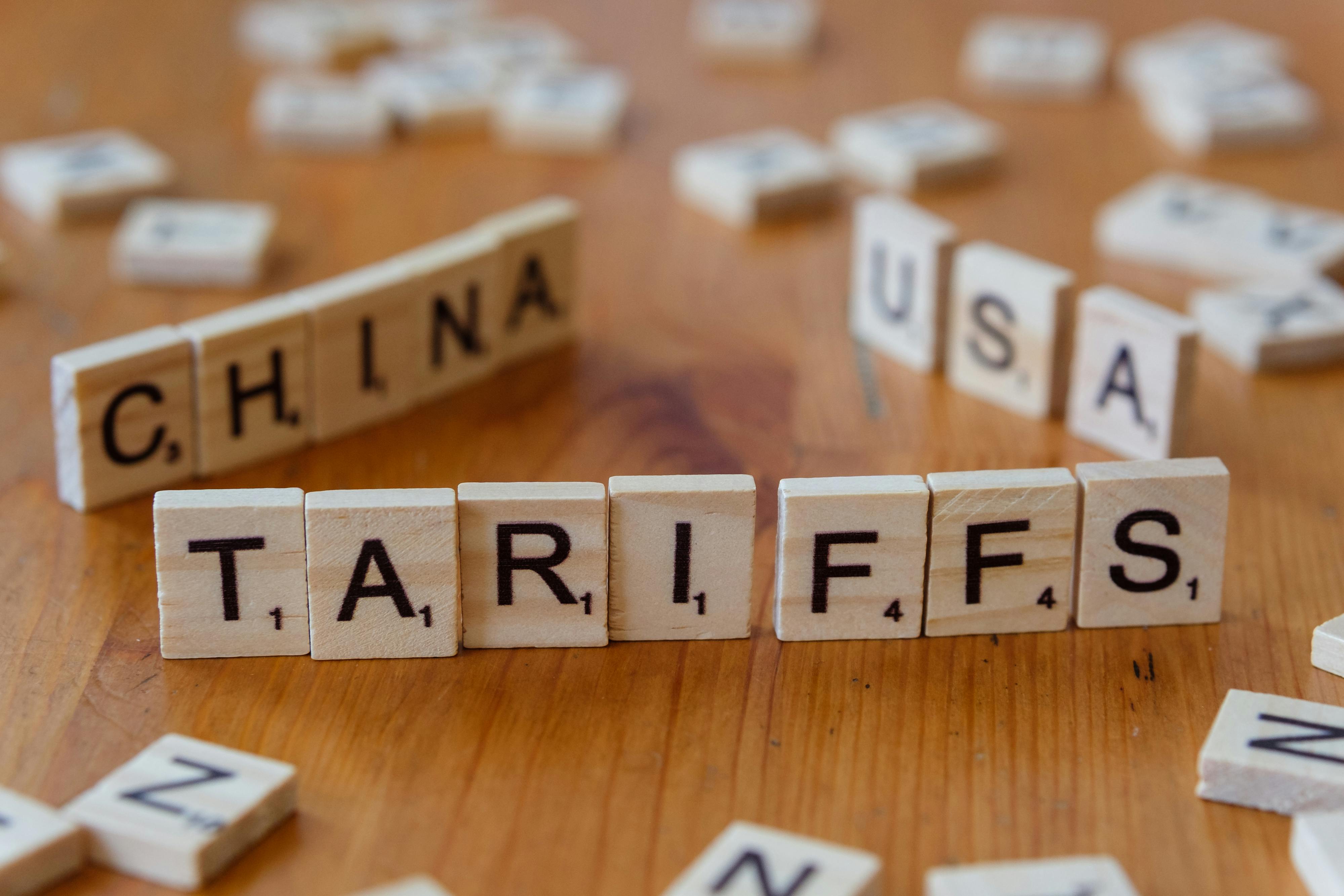
Recent post

start your business withAevei

Opening a Tmall Shop: Brand-Operated vs. Partnering with a Tmall Distributor
Entering the Chinese e-commerce market is an exciting but complex step for global brands — and Tmall Global is the premier platform to make it happen. As China’s largest cross-border B2C marketplace, Tmall offers access to hundreds of millions of consumers who actively seek out premium international brands.
But for companies considering a Tmall presence, the big question is:
Should you open and operate your own Tmall store, or work with a distributor/operator who manages it on your behalf?
In this post, we break down both approaches — their pros, cons, and what makes the most sense for your business goals.
Option 1: Brand-Operated Tmall Store
This means you — the brand owner — open, fund, and operate the store on Tmall Global yourself, either through an in-house team or by hiring a Tmall Partner (TP) to manage operations.
Pros:
· Full control over brand messaging, pricing, promotions, and customer experience.
· Build long-term brand equity and customer relationships in China.
· Access to Tmall’s full suite of tools (analytics, ads, influencer campaigns, etc.).
· Flexibility to test and scale multiple SKUs, bundles, or product lines.
Cons:
· High startup costs: Tmall Global requires a deposit, annual fees, commissions, and platform onboarding (can easily exceed
$15,000+).
· Requires a Chinese-speaking operations team or TP to manage customer service, logistics, marketing, and compliance.
· Complex regulatory and logistics setup — especially for cross-border trade and bonded warehouse fulfillment.
· Risk is 100% on the brand — you fund inventory, ad campaigns, and store operations upfront.
Option 2: Partner with a Tmall Distributor (Like Us)
As a full-service Tmall operator and distributor, we take on the responsibility of launching, funding, and operating your official store on Tmall — so you don’t have to.
You sell your products to us at wholesale, and we handle the rest.
What We Do:
· Set up and manage your branded Tmall Global store.
· Handle cross-border logistics and fulfillment.
· Run all paid ads, promotions, and live streaming.
· Manage customer service in Chinese.
· Invest in marketing, content, and store growth.
· Share full performance reporting and analytics with you
Pros:
· Zero upfront investment from the brand — no fees, no store setup costs.
· Quick market entry with no legal entity or TP hiring needed.
· We carry the inventory risk and invest in the store’s success.
· Faster scaling through our operational infrastructure and experience.
· Maintain brand consistency and reputation in China
Cons:
· You won’t directly control daily store operations (though you'll have full visibility).
· You sell at wholesale pricing instead of retail (but with no risk or expense).
· You rely on the distributor to represent your brand properly (this is why choosing the right partner is critical)
Factor | Brand-Operated Store | Distributor-Run Store |
Upfront Cost | High | None |
Time to Launch | 3–6 months | 1–2 months |
Risk | Brand assumes all | Distributor assumes all |
Brand Control | Full | Shared (with approval rights) |
Market Knowledge Needed | Extensive | Not required |
Revenue Model | Retail | Wholesale |
Resource Needs | Internal team or TP | Minimal |



